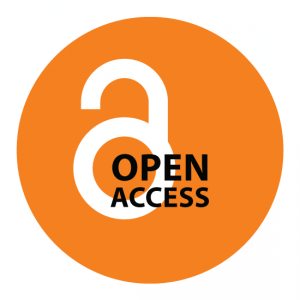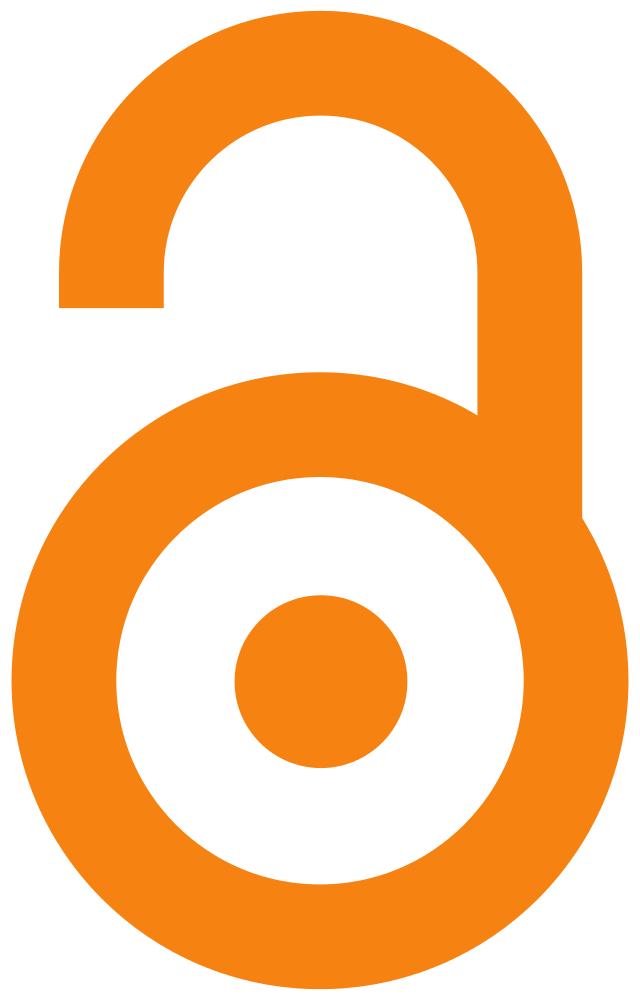 ECS’s Ask Me Anything thread is officially live on /r/Science.
ECS’s Ask Me Anything thread is officially live on /r/Science.
Use the link below to visit the thread and post your questions about open science, the Free the Science initiative, and the Society’s forthcoming preprint server, ECSarXiv.
Please note: you will need a Reddit account in order to post questions, comment, or vote in the discussion. If you do not already have one, you can create a free account on Reddit’s website.
Revisit the thread later today, from 12:00 pm to 1:00 pm EST. During this time, ECS President Johna Leddy and ECS Transactions Editor Jeffrey Fergus will respond to questions that have been posted, prioritizing the ones that have received the most upvotes.


 On Thursday, December 14, from 12:00 pm to 1:00 pm EST, ECS President Johna Leddy and ECS Transactions Editor Jeffrey Fergus will answer your questions about open science, the
On Thursday, December 14, from 12:00 pm to 1:00 pm EST, ECS President Johna Leddy and ECS Transactions Editor Jeffrey Fergus will answer your questions about open science, the  A
A  ECS is once again participating in
ECS is once again participating in  Five German scientists have
Five German scientists have 